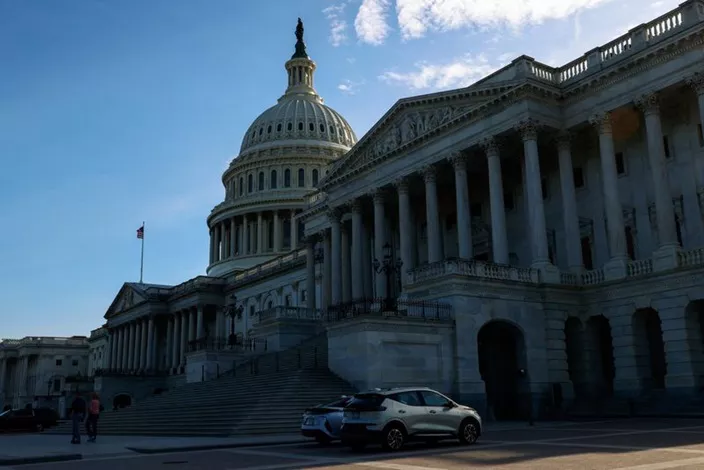Republicans in the U.S. House of Representatives have introduced a proposal to end the electric vehicle (EV) tax credit and repeal fuel efficiency rules aimed at encouraging automakers to produce more zero-emission vehicles. The proposal, part of a broader tax reform bill, is scheduled for discussion in a House Ways and Means Committee hearing on Tuesday.
Under the plan, both the $7,500 tax credit for new electric vehicles and the $4,000 credit for used EVs would be eliminated by December 31. However, the new-vehicle credit would remain for an additional year for automakers that have not yet sold 200,000 EVs.
Genevieve Cullen, president of the Electric Drive Transportation Association, criticized the proposal, calling it “catastrophically short-sighted.” She warned that ending federal support for electric vehicles would undermine U.S. leadership in energy innovation, giving an “enormous market advantage” to competitors like China and potentially threatening American manufacturing jobs.
In 2024, the U.S. Treasury allocated over $2 billion in point-of-sale rebates for EVs, highlighting the importance of these incentives.
While the proposal seeks to end the EV tax credits, it would preserve a key battery production tax credit for automakers and battery makers. However, a new provision would prevent the credit from applying to vehicles made with components from certain Chinese companies or under licensing agreements with Chinese firms. This rule, effective in 2027, could impact vehicles powered by Chinese battery technology, even if licensed by American companies like Ford and Tesla.
Additionally, the proposal calls for the elimination of a loan program that supports the production of advanced technology vehicles. It would cancel any unspent funding and remove fuel economy and greenhouse gas emission standards for 2027 and beyond. This part of the proposal will be handled by the Energy and Commerce Committee.
Some of the loans finalized during President Joe Biden’s final weeks in office could also be affected. These include a $9.63 billion loan to Ford and SK On for battery manufacturing plants in Tennessee and Kentucky, a $7.54 billion loan to Stellantis and Samsung SDI for battery plants in Indiana, and a $6.57 billion loan to Rivian for an EV plant in Georgia.
Related topics:


